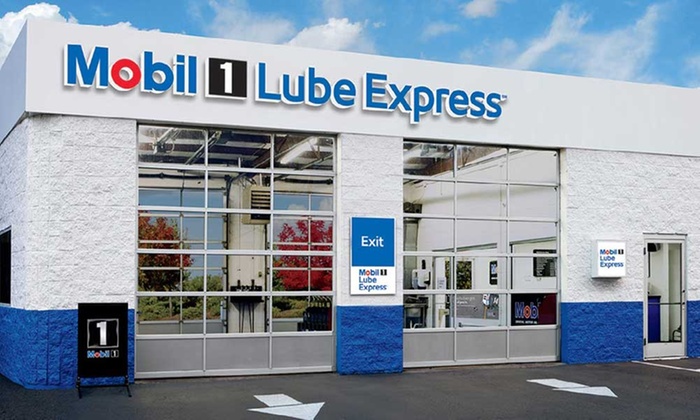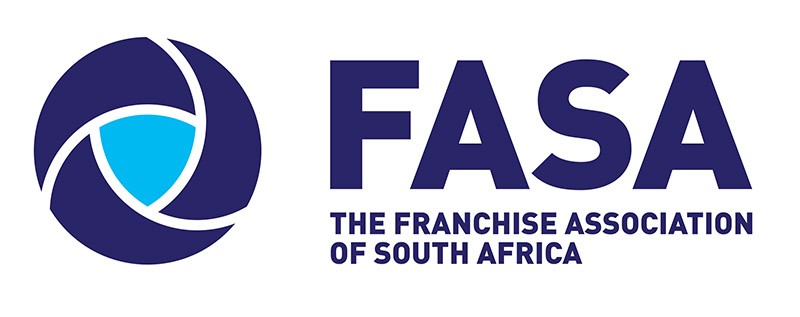Africa ’s Future Franchise Owners Have A Lesson To Learn From Taste Holdings’ Sale of Starbucks and Domino’s Pizza In South Africa
With the recent sale of South Africa ’s Taste Holdings’ Starbucks and Domino’s Pizza, a strong message has been sent to potential franchise buyers in Africa: it may not be business-savvy to bring many franchises on board than you can handle. In South Africa’s highly congested and competitive environment that has the likes of KFC with over 885 outlets, Steers with over 581 , Debonairs with over 546 or Nando’s with over 340, Taste Holdings would have expected the game to be tough for Starbucks and Domino’s with just ten or a few more stores or outlets.
Now, Here Is The Background To All These
Taste Holdings said in June this year that its losses widened 32 percent during the year to end February, 2019 as high operating costs and once-off impairment costs continued to impact on the company’s earnings in the year to the end of February.
It further stated that impairments and once-off costs rose to R102m during the period from R24m last year with R58m attributed to the food division and R44m to the luxury goods division.
This is even as income earned in the South Africa ‘s food and beverages sector in 2018 was majorly from food sales of restaurants and coffee shops (about 45% of all income earned in the sector)
To take care of this,Taste Holdings’ majority shareholder Sean Riskowitz said Taste was now focusing on its jewellery brands that include NWJ Jewellery and Arthur Kaplan .
Riskowitz said the jewellery business was profitable, cash flow generative and solid with plenty of growth opportunities.
Lesson learned: It just doesn’t seem savvy to over-diversify at the cost of focus; and know when to draw the line on unprofitable business lines.

Even With Bad Earnings, Does Taste Holdings Have To Under-Sell The Starbucks’ Franchise?
Of course! All that Taste Holdings needed to do was to obtain the approval of Starbucks International, which it did. And it made perfect sense to under-sell too, if anything Riskowitz said was the reality. With the consistent losses and a funding requirement for a minimum store rollout at R238 million ($16 million), selling at R7 million ( $480k)seemed the safest way to leap out of a a wide trap. Riskowitz has admitted that the franchise was difficult to manage.
“ So the value that has actually accrued to Taste from this sale is not just R7m, but also the transfer of this store build liability, making the transaction worth R245m to Taste,” Riskowitz said.
Recall that in November, 2019, Taste shocked the food and beverages market by announcing that it was selling its South African Starbucks franchise for R7 million to an entity called K2019548958 following detailed operational reviews.
Finally, Here Is How You Can Handle The Loss of Multi-Billion Dollar Franchises, Such As Starbucks and Domino’s
Selling off two valuable franchises is a big deal, especially with the hopes of relying on the brand and reputation of the franchises to make quick returns but Sean Riskowitz appears determined to to turn things around at the company.
Riskowitz, who is also the chief executive of Protea Asset Management, Combined Motor Holdings (CMH) and Calgro M3, said that Taste Holdings’ strategy lies in its strong long-term business economics.
Relying on this, he said Taste Holdings, whose share price has tanked 95.51 percent in the last three years, would eventually bounce back.
“Shares represent the price of a company, but value is a measure of the underlying intrinsic worth of a company,” he said.
Riskowitz said he was equally confident about his other investments in South Africa, charging that Calgro generated more than R400m in cash from operations in the six months to August.
“Their price-to-earnings ratio is now 2.5x,” he said. “ Does it really make sense that the share price should be where it is in that context? We also know from Calgro’s own calculations that if they liquidated the business the shares would be worth around R23 per share, versus a market price of just R4.”
“Calgro is a perfect example of an exceptional opportunity that people will look back upon in a few years and kick themselves for missing.”
Lesson learned: You many acquire big brands in the course of your business to add to your company’s reputation or brand image but don’t lose focus of the company’s value long-term.

Some Words For Doubtful Investors About The Wayward South African Economy
Riskowitz said he was positive about South Africa despite business confidence sliding to its lowest this year in the third quarter.
“At this time, many people are fearful about the future of South Africa, and so the price at which you can invest is very low compared to the quality of businesses and management talent, in general,’’ Riskowitz said. ‘‘We make ten year or more investments and believe the economic and social environment will normalise in due course, creating a long runway of growth and value creation for many South African businesses. ”
Starbucks Coffee, South Africa is run by the same parent company which runs Domino’s, Taste Holdings. The first franchise was opened in Rosebank, Johannesburg. Currently, there are 13 Starbucks franchises in South Africa. Starbucks International’s first ever location was opened in Seattle, USA in 1971.
Charles Rapulu Udoh

Charles Rapulu Udoh is a Lagos-based Lawyer with special focus on Business Law, Intellectual Property Rights, Entertainment and Technology Law. He is also an award-winning writer. Working for notable organizations so far has exposed him to some of industry best practices in business, finance strategies, law, dispute resolution, and data analytics both in Nigeria and across the world








